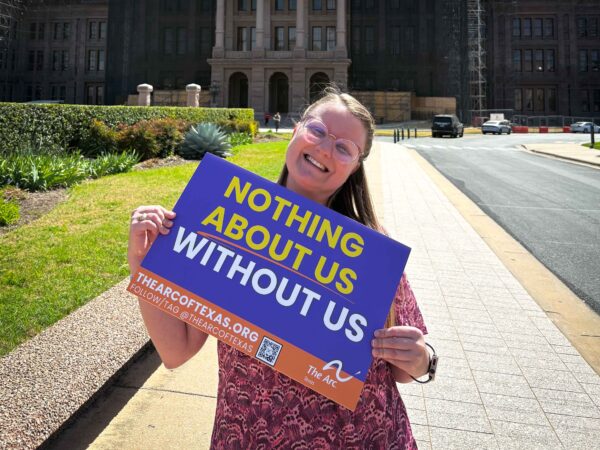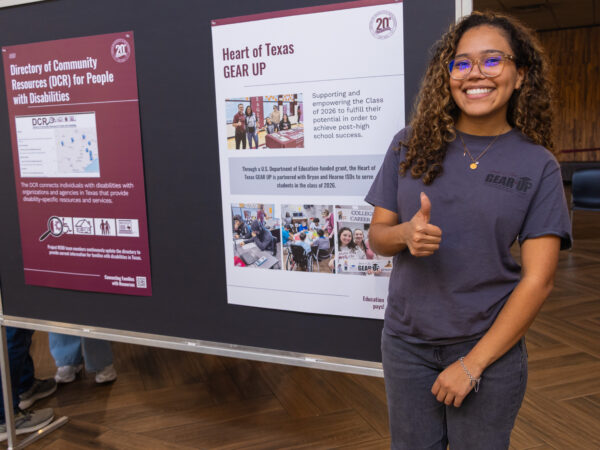
Advancing Education and the Workforce Through AI
Aggie Researcher Helps Lead Multidisciplinary Endeavor
Researchers at Texas A&M University and the University of Arizona will explore how generative AI (GenAI) learning assistants can enhance STEM education and prepare the workforce of the future.
Dr. Dae Seok Chai of our Department of Educational Administration and Human Resource Development serves as co-principal investigator to this National Science Foundation (NSF)-funded project, which aims to advance workforce development and program evaluation in architecture, engineering, and construction (AEC) education. “At its core, the project prepares students with the adaptability and confidence to thrive in a rapidly changing world,” he said. “From building foundational knowledge as a freshman to tackling complex projects as a professional, GenAI can support learning at any level.”
Shaping Student Learning
Generative AI creates adaptive learning environments that advance education. In AEC education, students must connect technical, social, and design knowledge for problem-solving. While many struggle to apply theory to practice, Chai and his colleagues will assess GenAI as a tailored learning assistant to guide students in making those connections.
“This research evaluates what students learn and how they learn to help them build skills in goal setting, progress monitoring, and thoughtful reflection that foster confidence and provide them with the tools to succeed,” Chai emphasized, adding that the project builds on previous NSF-funded work regarding workforce development.
Through the integration of AI tools into AEC courses, the project enhances AI literacy and engagement among underrepresented populations. GenAI assistants will be institutionalized at Texas A&M, the University of Arizona and Louisiana State University, with iterative improvements guided by feedback from faculty, students and industry partners. Annual reviews and collaboration with Texas A&M’s Construction Industry Advisory Council (CIAC) will align the tools with evolving AEC practices, ensuring long-term relevance and adoption across programs.
Building Tomorrow’s Workforce
Beyond the classroom, the project supports workforce development in the AEC industry. GenAI tools designed for students will be adapted into interactive self-paced training modules to help professionals enter the field or advance in their careers. “This approach creates pathways for continuous workforce development and strengthens the link between research and career readiness,” Chai added.
To complete this project, Chai is partnering with faculty in the Texas A&M College of Architecture, the College of Engineering, and the Institute of Data Science (TAMIDS), while also engaging professional associations and student groups. Chai is grateful for these partnerships, as well as the role our college’s Research Enterprise and Outreach Office has played in the project. “They have created opportunities for me to learn, connect, and grow, and I am deeply grateful for their support,” he added.
The three-year study will begin in October 2025, with researchers setting benchmarks for how AI can transform learning and problem-solving. The team will also aim to establish scalable models for integrating AI responsibly in STEM education.
“Empowering students and professionals to use emerging technologies effectively is the focus of the study,” Chai said. “By modeling the balance between guidance and independence in GenAI, we can shape an innovative future of STEM.”














